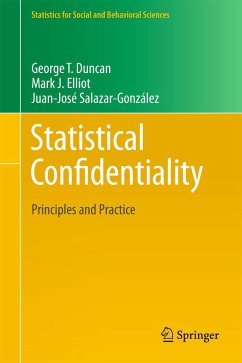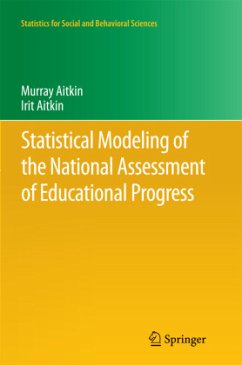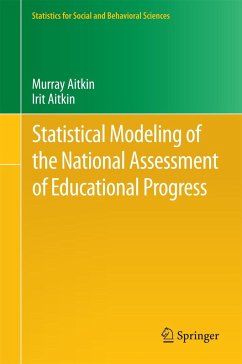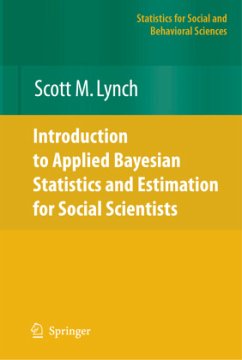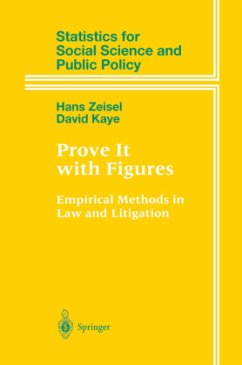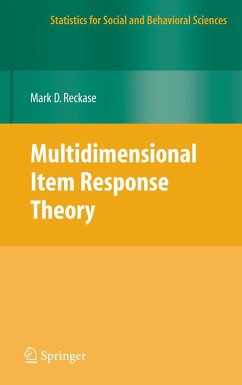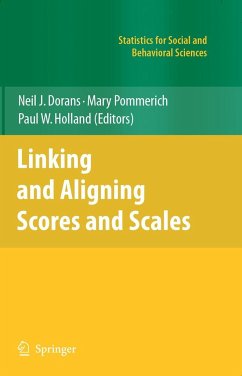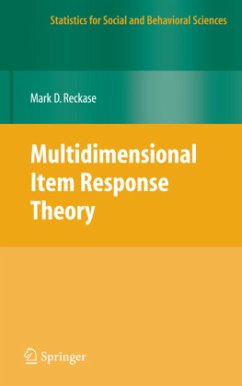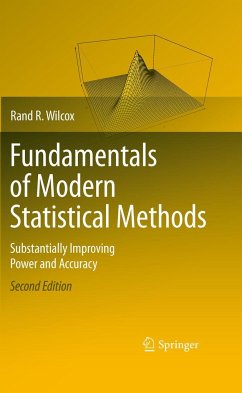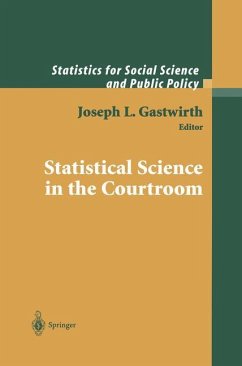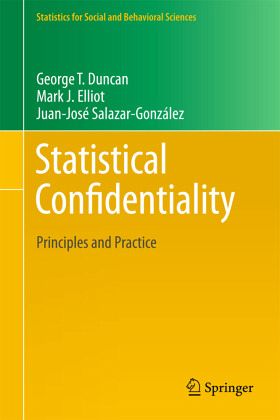
Statistical Confidentiality
Principles and Practice
Versandkostenfrei!
Versandfertig in 6-10 Tagen
38,99 €
inkl. MwSt.
Weitere Ausgaben:

PAYBACK Punkte
19 °P sammeln!
Because statistical confidentiality embraces the responsibility for both protecting data and ensuring its beneficial use for statistical purposes, those working with personal and proprietary data can benefit from the principles and practices this book presents. Researchers can understand why an agency holding statistical data does not respond well to the demand, ?Just give me the data; I?m only going to do good things with it.? Statisticians can incorporate the requirements of statistical confidentiality into their methodologies for data collection and analysis. Data stewards, caught between t...
Because statistical confidentiality embraces the responsibility for both protecting data and ensuring its beneficial use for statistical purposes, those working with personal and proprietary data can benefit from the principles and practices this book presents. Researchers can understand why an agency holding statistical data does not respond well to the demand, ?Just give me the data; I?m only going to do good things with it.? Statisticians can incorporate the requirements of statistical confidentiality into their methodologies for data collection and analysis. Data stewards, caught between those eager for data and those who worry about confidentiality, can use the tools of statistical confidentiality toward satisfying both groups.
The eight chapters lay out the dilemma of data stewardship organizations (such as statistical agencies) in resolving the tension between protecting data from snoopers while providing data to legitimate users, explain disclosure risk and explore the types of attack that a data snooper might mount, present the methods of disclosure risk assessment, give techniques for statistical disclosure limitation of both tabular data and microdata, identify measures of the impact of disclosure limitation on data utility, provide restricted access methods as administrative procedures for disclosure control, and finally explore the future of statistical confidentiality.
The eight chapters lay out the dilemma of data stewardship organizations (such as statistical agencies) in resolving the tension between protecting data from snoopers while providing data to legitimate users, explain disclosure risk and explore the types of attack that a data snooper might mount, present the methods of disclosure risk assessment, give techniques for statistical disclosure limitation of both tabular data and microdata, identify measures of the impact of disclosure limitation on data utility, provide restricted access methods as administrative procedures for disclosure control, and finally explore the future of statistical confidentiality.





